It turns out nearly half of American electric vehicle (EV) owners are having a change of heart.
A study by McKinsey & Company reveals 46% might ditch their EVs for traditional gas cars. Major regrets? That’s the main driver behind the shift.
Surprised by the Switch

Philipp Kampshoff from McKinsey’s Center for Future Mobility was taken aback, saying: “I thought, ‘Once an EV buyer, always an EV buyer.’”
Yet, nearly 37,000 EV owners are showing signs of shifting their loyalties.
Frustrated by Few Chargers
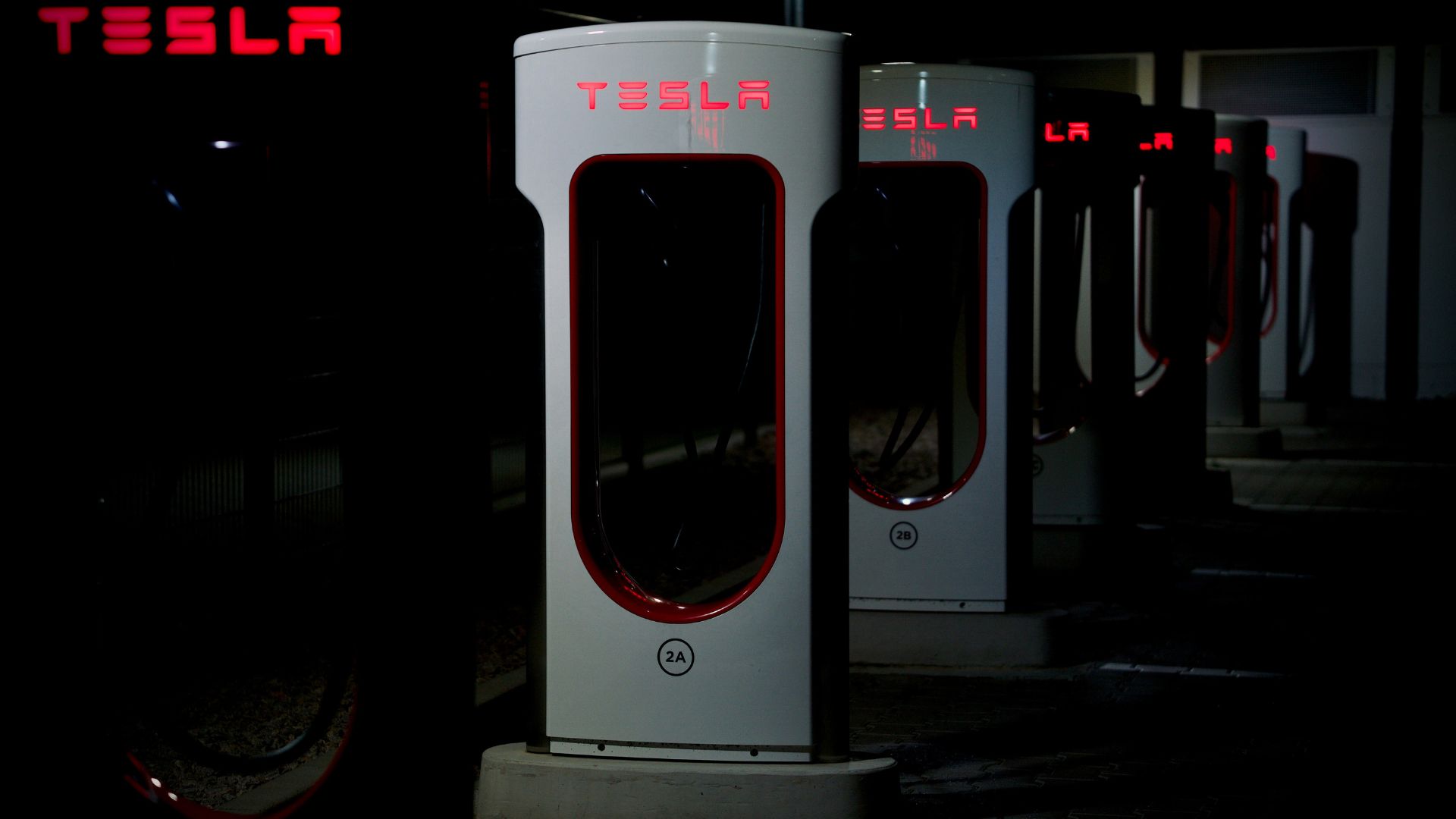
A whopping 35% of global EV owners are irked by the lack of charging stations.
The U.S. especially feels the pinch, ranking high on the list of countries where the electric dream is a bit disconnected.
The High Cost of Eco-Friendliness
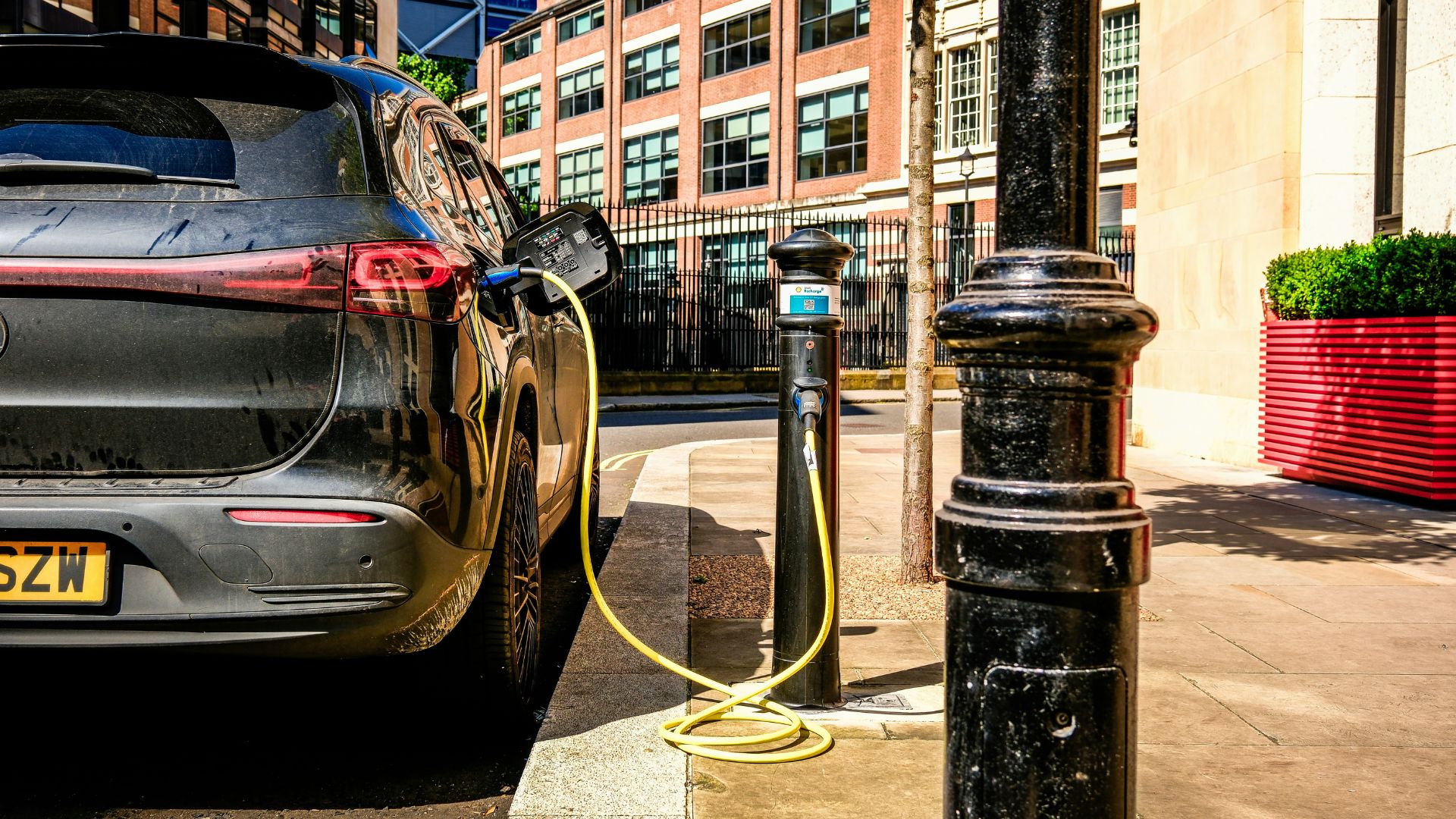
Going green has its price.
A significant 34% of EV owners point to steep costs as a major turnoff, making them rethink if the eco-friendly route is worth it.
Road Tripping Woes

Thinking of a long drive in your EV?
Well, 32% of owners find it more trouble than it’s worth, with constant stops to charge dampening the appeal of long journeys.
Charging at Home? Not So Simple

For some, home charging isn’t an option, turning daily drives into a stressful hunt for power points.
This issue has led to regret among some owners about their vehicle purchase.
Not Everyone’s Electric Dream

While the U.S. wrestles with EV doubts, other places like Japan show staunch support with only 13% looking back at gas cars.
It’s a mixed bag of electric sentiments worldwide.
Aussies Aren’t Amused

Australia is leading the charge in EV buyer’s remorse, even outpacing the U.S.
More Aussies are looking to switch back to gas engines, hinting at deeper issues in the EV experience down under.
A Long Way to the Next Charge

11% of EV owners are miffed by how far they have to travel to charge up.
This highlights a significant gap in the infrastructure needed to support widespread EV adoption.
Is Your EV Road-Trip Ready?

Dreaming of hitting the highways in your EV?
40% say there aren’t enough charging spots on major routes to make the leap, putting a damper on those road trip plans.
The EPA’s Big Electric Push
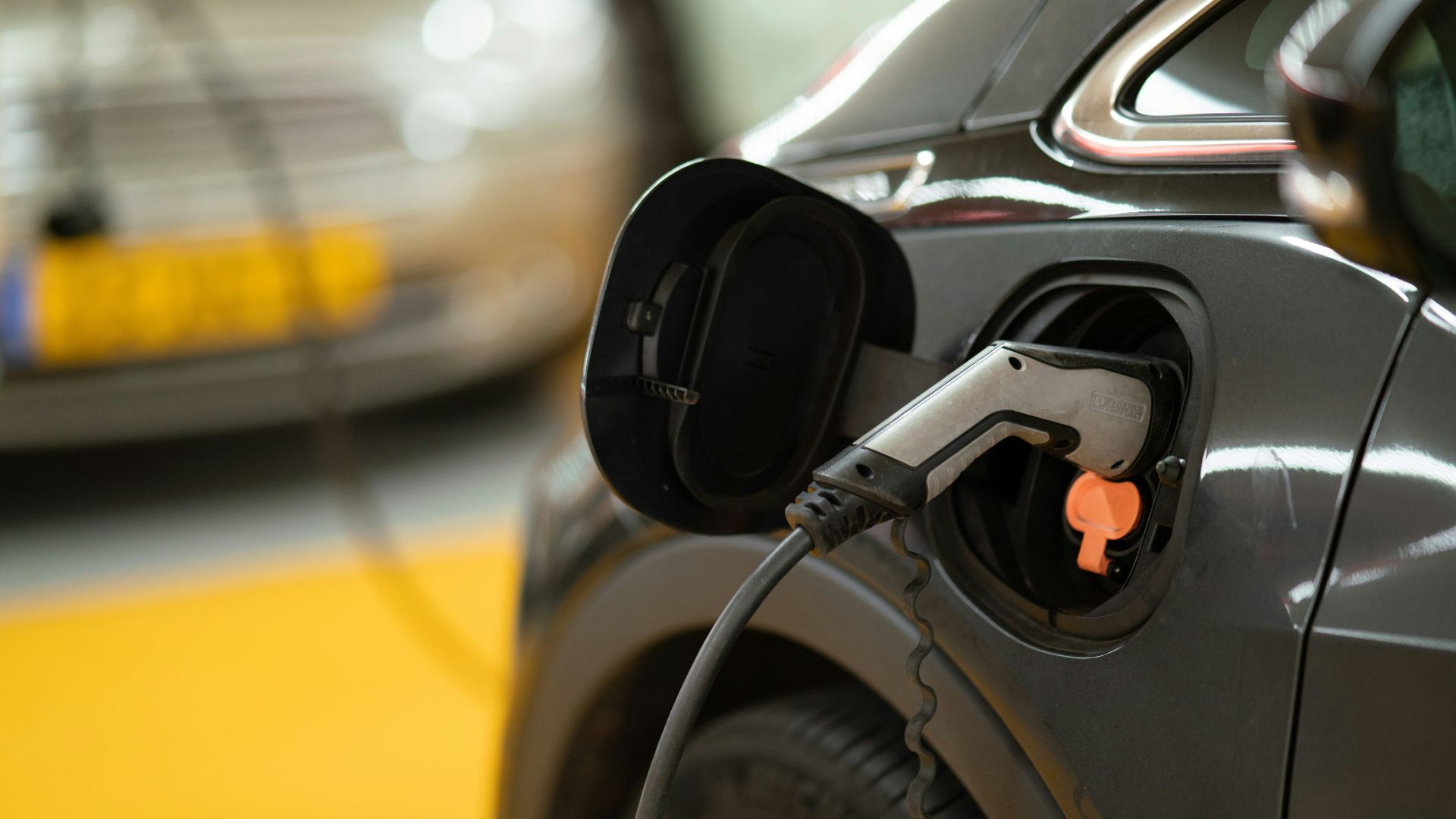
Despite the growing pains, the EPA is setting ambitious targets: 56% of new cars must be electric by 2032.
It’s a bold move aimed at cutting pollution and propelling us towards a cleaner future.
Looking Down the Electric Road
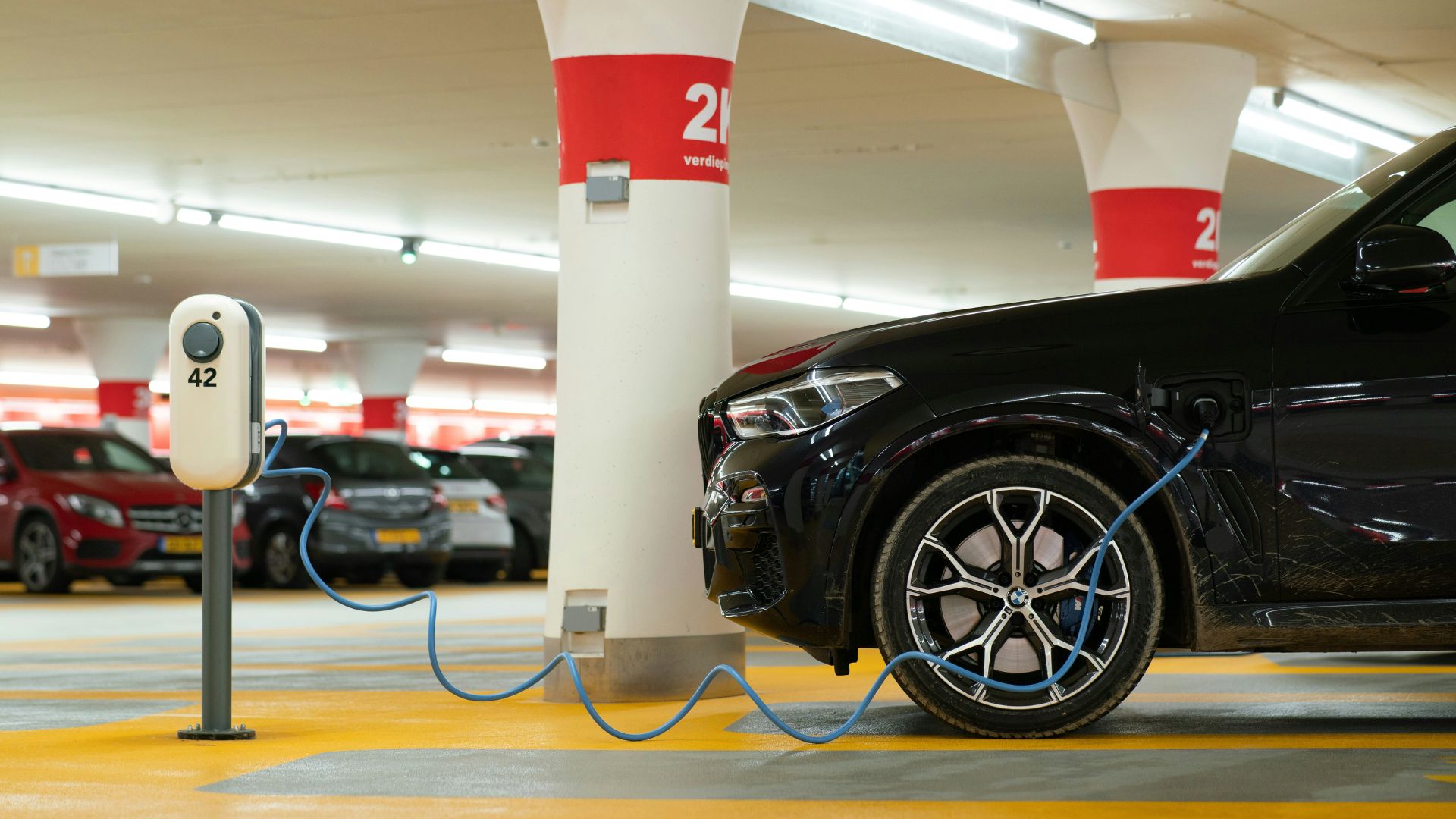
“The electric vehicle market is growing, but consumers have enough reservations about the current options and charging infrastructure challenges to limit more significant growth in the short term,” says analyst Jessica Caldwell.
As the U.S. speeds toward an electric future, the road remains unexpectedly bumpy.
Surprising Negative Impact of EVs

While being environmentally beneficial is often a reason cited by EV enthusiasts for purchasing them, their impact on the environment is worse than what they may appear at first glance, even compared to gas vehicles.
A report in 2022 found that because EVs are 30% heavier they emit far more micro particulates on the roadways.
In Some Ways Worse

This report, published by Emission Analytics, found that EV pressure on brakes and tires causes 1,850 times more particulate pollution than gas-powered vehicles.
It also noted that recent advances in exhaust technology have brought gas emissions from combustion engine vehicles to new lows.
Producing Batteries
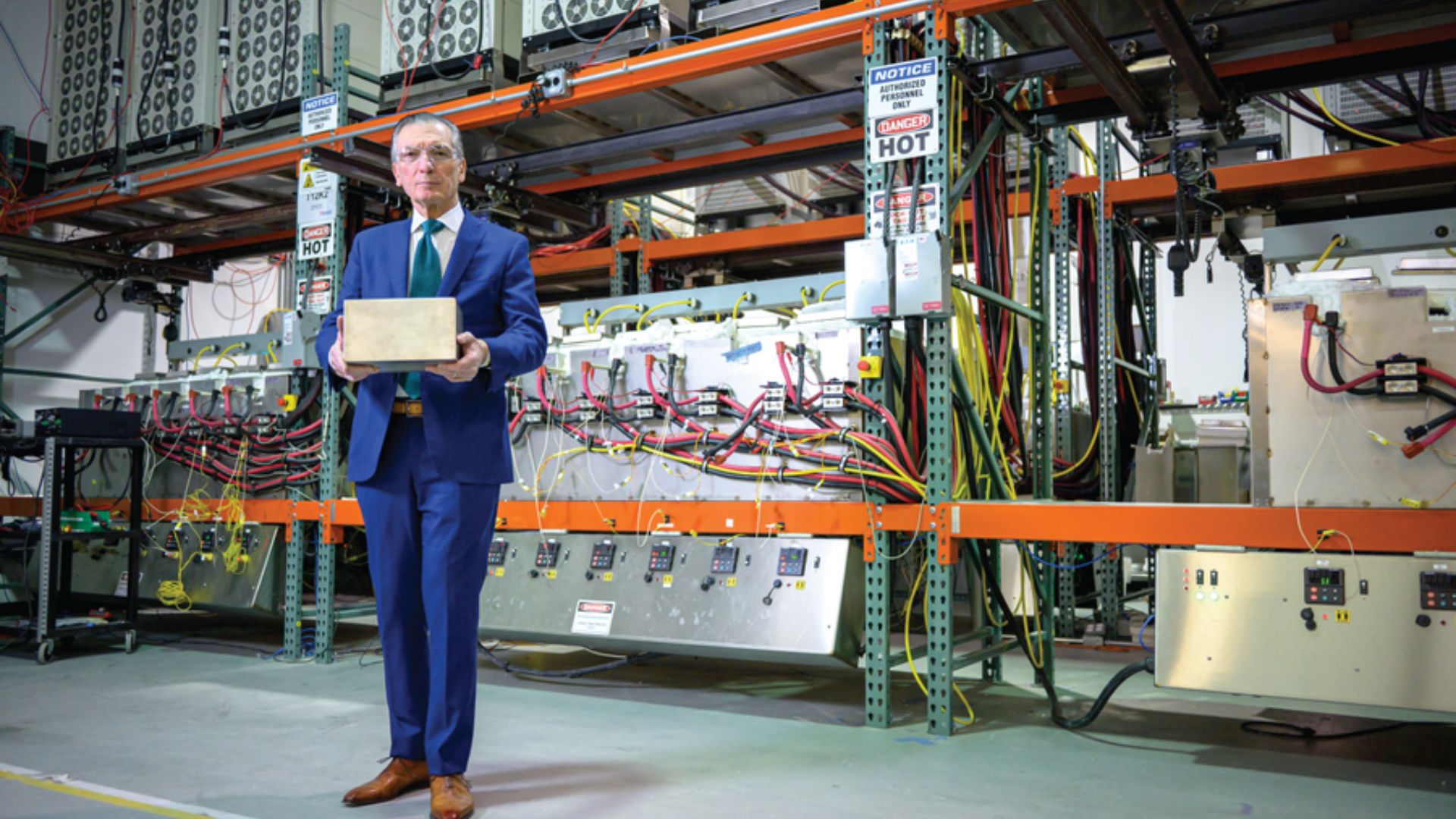
Instead of internal combustion engines, electric vehicles are powered by expensive and heavy batteries that are made from the processing of lithium and cobalt.
While EVs often have the nickname of “zero-emission vehicles” for not polluting directly in the atmosphere through a tailpipe, an estimated 18% of the carbon footprint of EVs comes from its battery production process.
Still Using Fossil Fuels
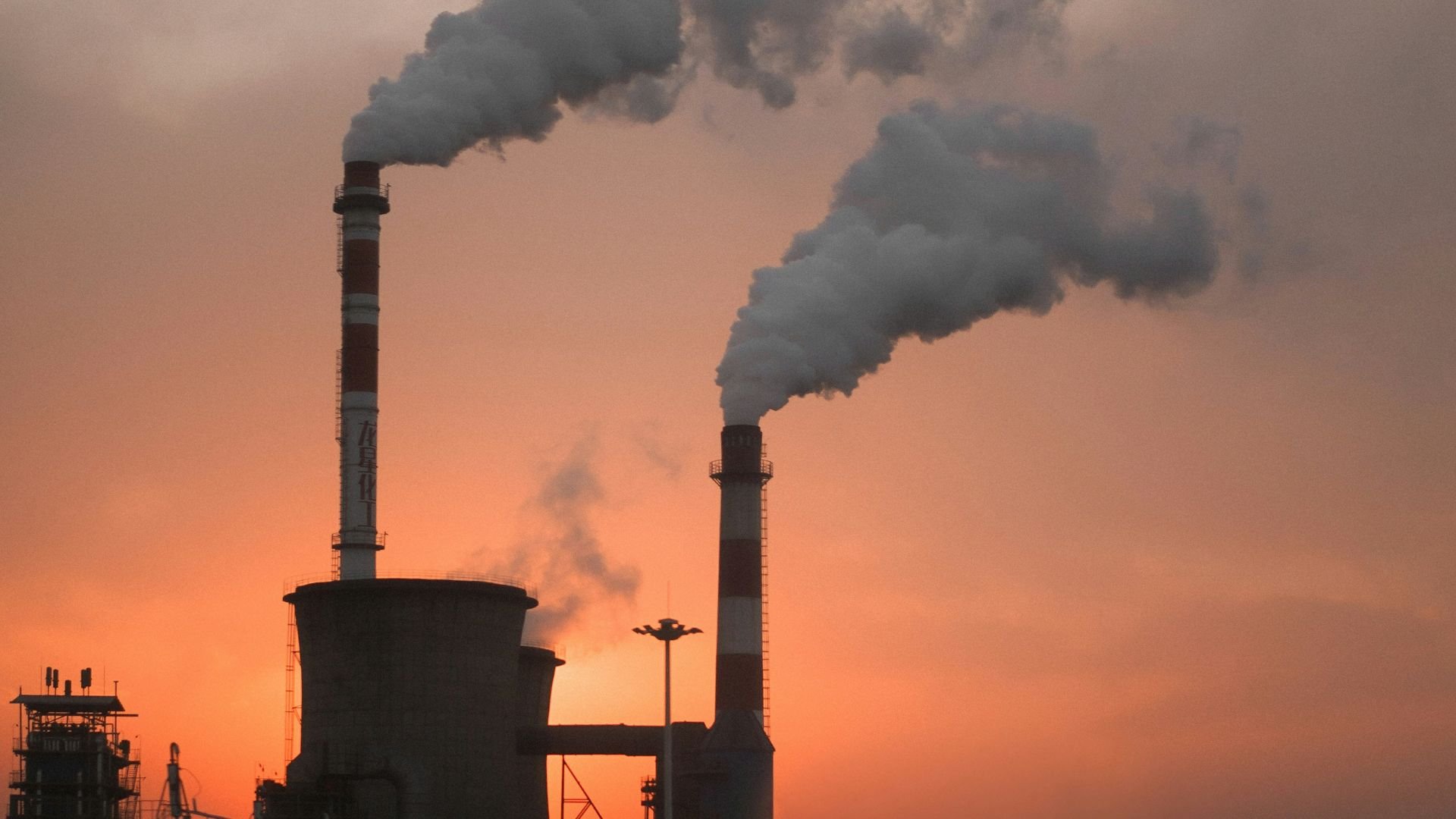
Many EVs still will require the burning of fossil fuels to produce the electricity needed to recharge their batteries and power their forward movement.
Even in California, one of the most progressive states for clean energy, 60% of EV charging relies on the burning of fossil fuels.
Bristling at Zero Emissions
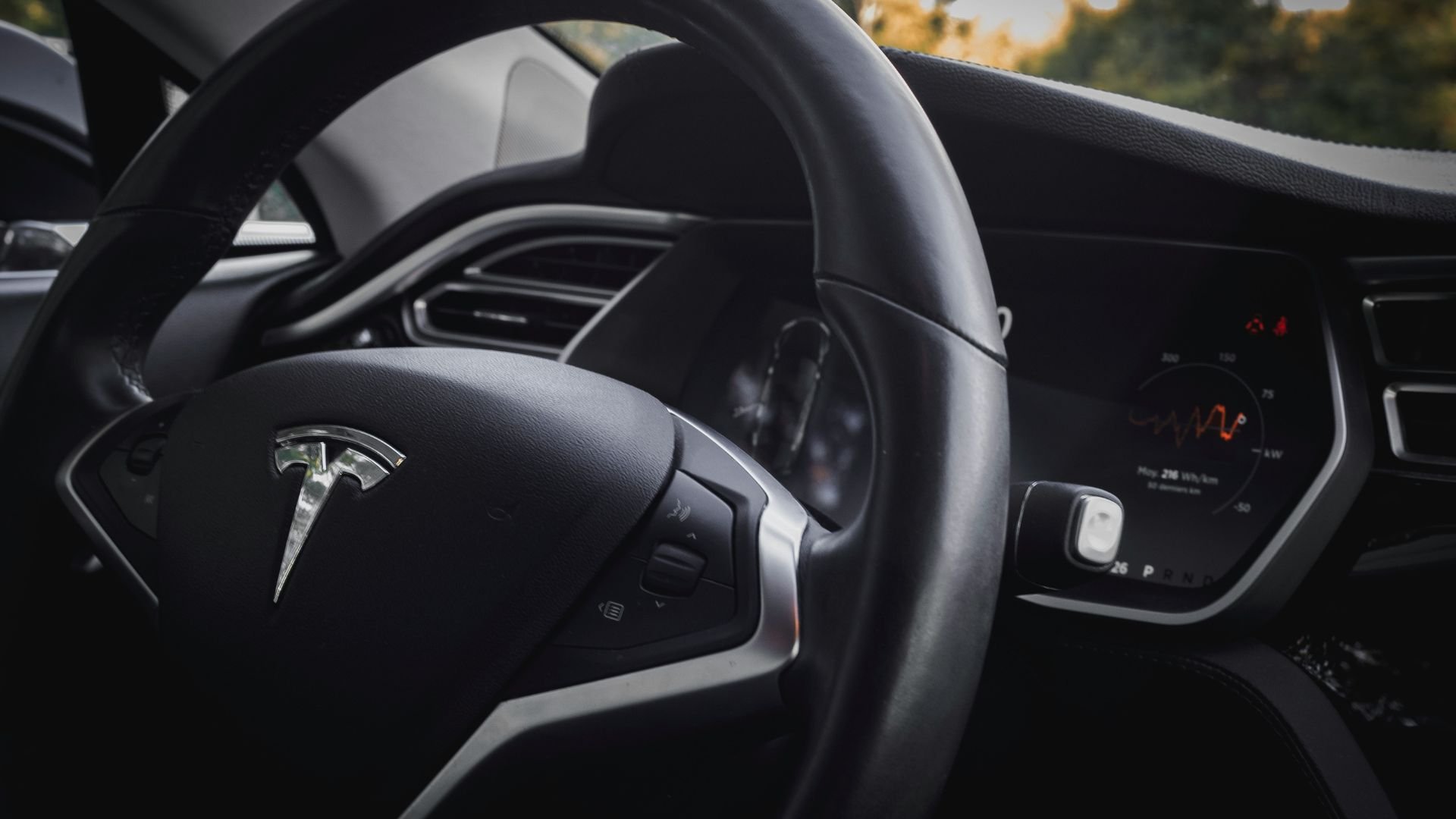
Some prospective buyers of EVs bristle at the thought of investing so heavily in an “eco-friendly” vehicle that is still harming the environment overall.
“I couldn’t bear to hear them say the words ‘zero emissions vehicle’ one more time,” said Joshua Graff Zivin, a professor of economics at the University of California. “How you incentivize them to charge could really matter. Utilities haven’t thought through it.”
US Energy Landscape

Despite decades of pushing for clean energy solutions like wind and solar power, the energy grid in the United States is still dominated by the burning of fossil fuels.
A 2022 analysis from the University of Michigan found that 79% of the country’s energy comes from the burning of fossil fuels. 8% of the energy comes from nuclear and only 13% comes from renewable energy sources like solar and wind.
Comparing Gas to EVs

The other half of EV owners who aren’t keen to switch back point to certain measures that make EVs a better environmental choice than gas cars.
A 2019 report from MIT found that gas cars emit more than 350 grams of CO2 per mile driven over their lifetimes while fully electric vehicles only emit the equivalent of 200 grams.
EV Slump
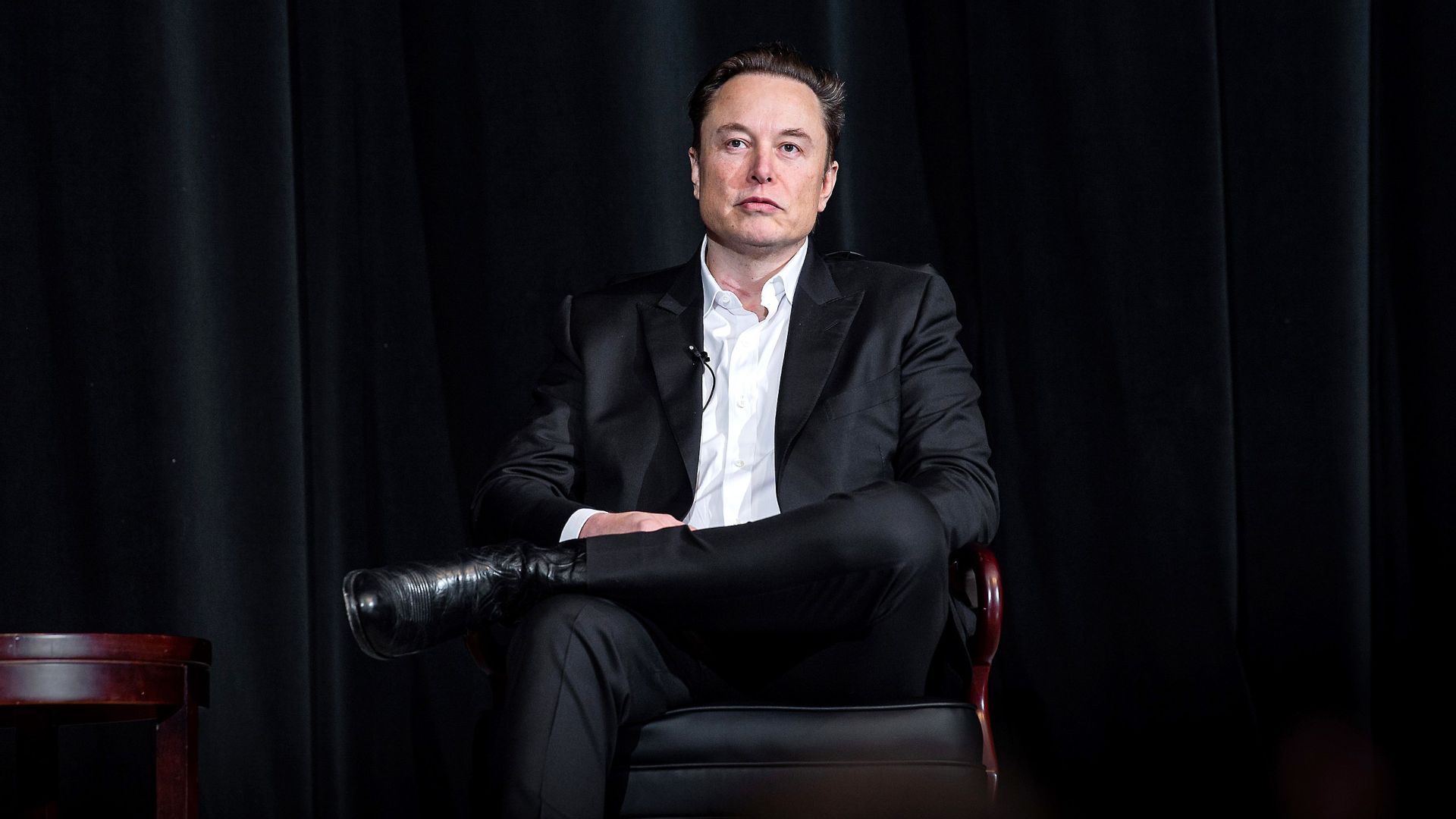
These factors and more have led to a recent slump in sales and enthusiasm around EVs in the United States but also across the world.
US-based EV manufacturer Tesla in April posted Q1 earnings results that shareholders were bracing to be the worst in seven years. Both Tesla and Chinese EV giant BYD had disappointing earnings reports.
Government Efforts

The Biden administration has been taking active steps to try to entice US customers to dive into the EV market despite misgivings.
So far, Biden has invested $7.5 billion into a network of reliable chargers to help support an eventual transition to EVs.
Tariffs

In May, Biden quadrupled tariffs on Chinese EVs which have a lower price tag than the average American EV. In a statement, Biden accused China of flooding the market through unfair practices.
“China’s unfair trade practices concerning technology transfer, intellectual property, and innovation are threatening American businesses and workers,” said a White House statement.
Artificially Priced

The Biden administration also noted that China has been artificially lowering the price of exports in an effort to continue to outcompete the US in the industry.
“China is also flooding global markets with artificially low-priced exports. In response to China’s unfair trade practices and to counteract the resulting harms, today, President Biden is directing his Trade Representative to increase tariffs under Section 301 of the Trade Act of 1974 on $18 billion of imports from China to protect American workers and businesses,” the White House statement said.
Will Tariffs Have Any Effect On Those Wishing to Switch?
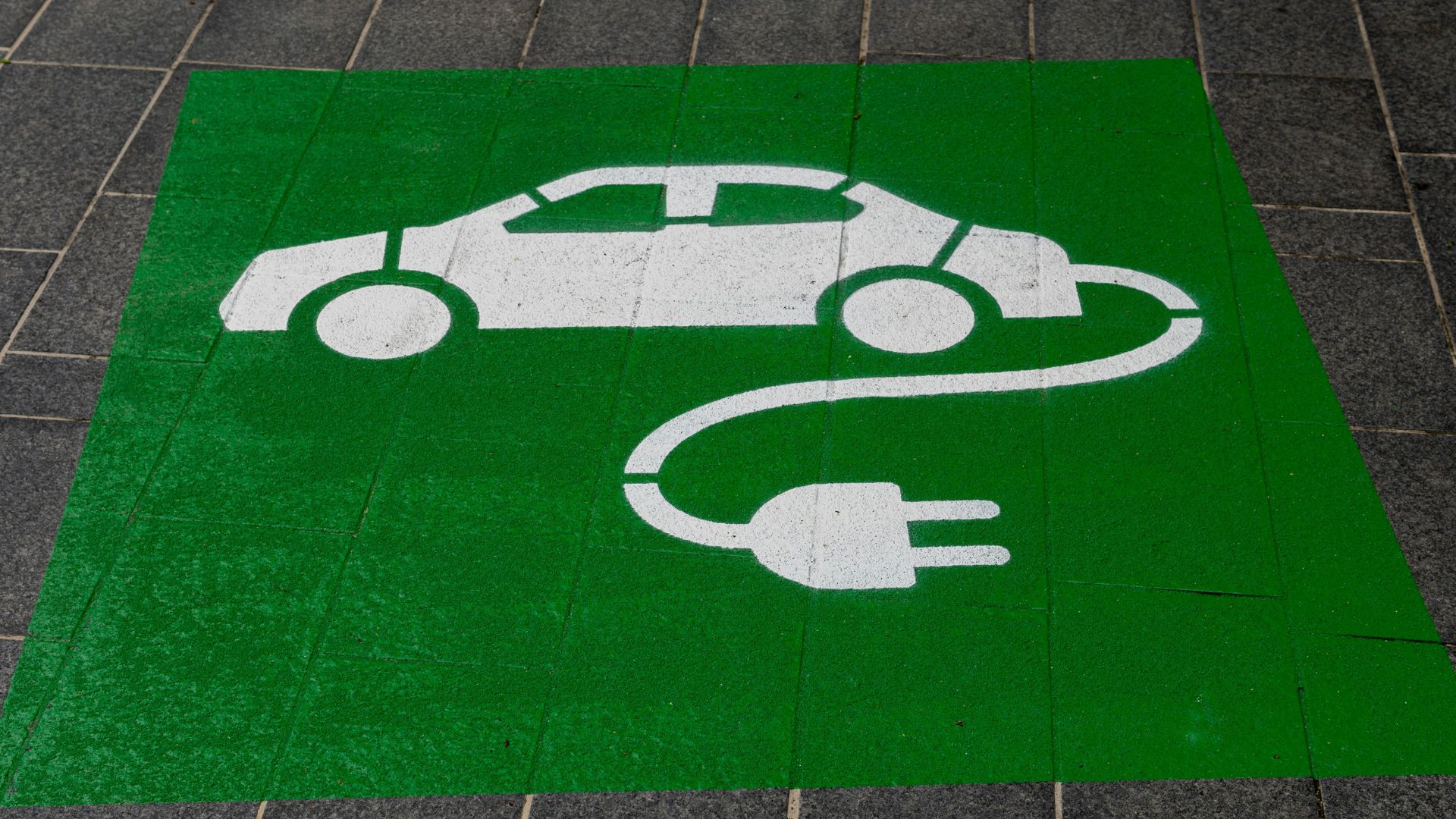
People who are likely to switch back to a gas vehicle after having a go with an EV will be unlikely to change their minds just because of tariffs.
While these tariffs may make American EVs compete on price a little better, Many American-made EVs are still out of the reasonable price range for many Americans.

